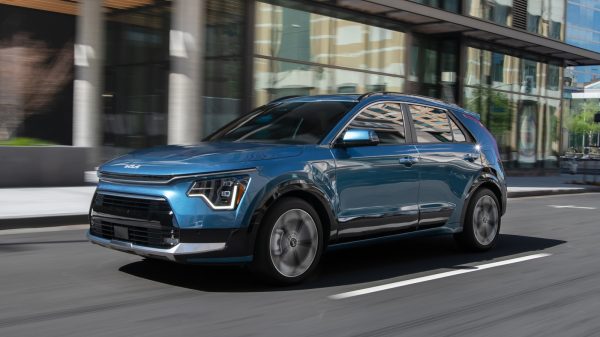ZME Science: artificial intelligence was taught to brew coffee — the result surprised experts

Residents of Finland consume 12 kilograms of coffee per capita per year, which makes them the second largest coffee consumer — Only Luxembourg is ahead. Finland is also often ranked as the most technologically advanced country in the world. Therefore, it is quite logical when one of the craft coffee shops in Helsinki began to use artificial intelligence in the production of the drink.
As ZME Science writes, the employees of the coffee shop gave a description of all the varieties of coffee they had and their tastes to artificial intelligence, instructing them to create a new blend, which was eventually called AI-conic. The program was provided with information about what makes a good coffee blend. She was then asked to create a new blend based on existing coffees.
According to the coffee shop, the AI chose a «somewhat strange» mixture: it mixed four different types of coffee, as opposed to the usual two or three. He chose a blend of beans from Brazil, Colombia, Ethiopia and Guatemala.
However, this unexpected decision resulted in a balanced combination of sweetness and fruity flavors that was praised by experts at the annual Helsinki Coffee Festival. The experts agreed that the mixture turned out to be ideal and does not require any further modification.
The publication notes that a few weeks ago, brewers in Belgium brewed the world's first beer with artificial intelligence, and other companies are already using artificial intelligence to classify wines and create flavor descriptions.
When coffee experts want to create new blends, it usually a trial and error method. Experience and preferences play a big role, but there is also a lot of experimentation. And since there are more than 200 main varieties of coffee beans in the world, there is a lot of experimentation.
In 2023, researchers from the Fraunhofer Society in Germany analyzed existing blending algorithms, showing that they indeed have great potential, not only for creating new and exciting flavors, but also when it comes to cost-effectiveness. Cost is a variable that can be thrown into the mix. But there are even more ways in which coffee and artificial intelligence can come together.
For example, AI could suggest new ways to roast different coffee blends, since roasting can significantly affect the flavor, acidity and structure of the beans. By analyzing data from past roasts, AI can predict how subtle changes in temperature and time can improve certain characteristics of the beans. This can lead to more consistent quality and potentially unlock flavor qualities that traditional roasting methods may miss.
Researchers have also developed ways to use artificial intelligence and spectroscopy to determine the authenticity of coffee blends and even predict the taste and quality of existing blends .


























































Свежие комментарии